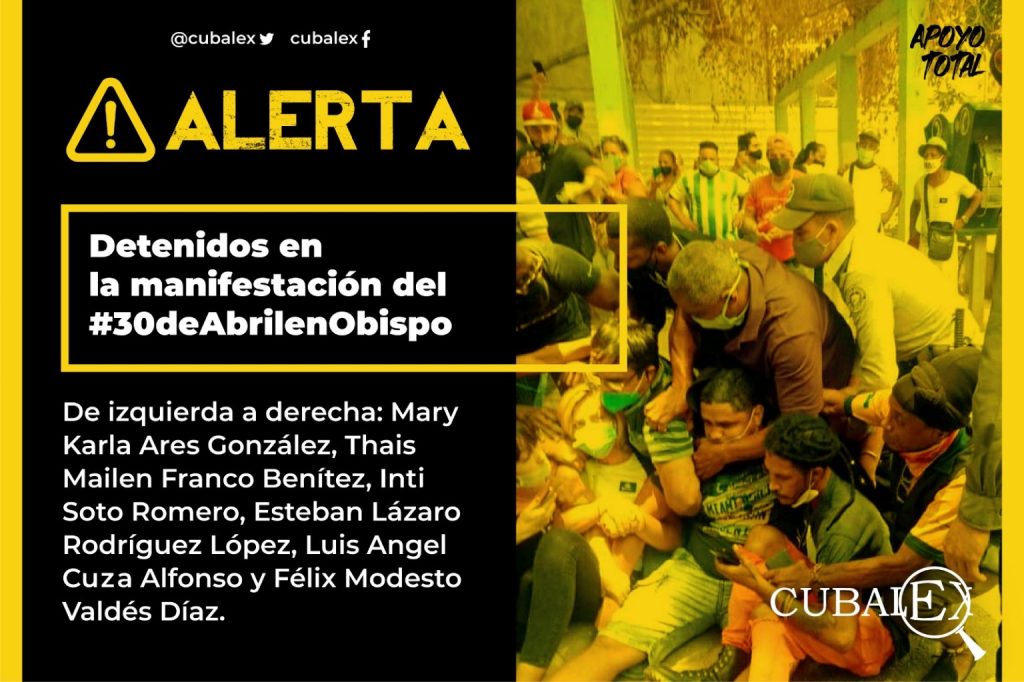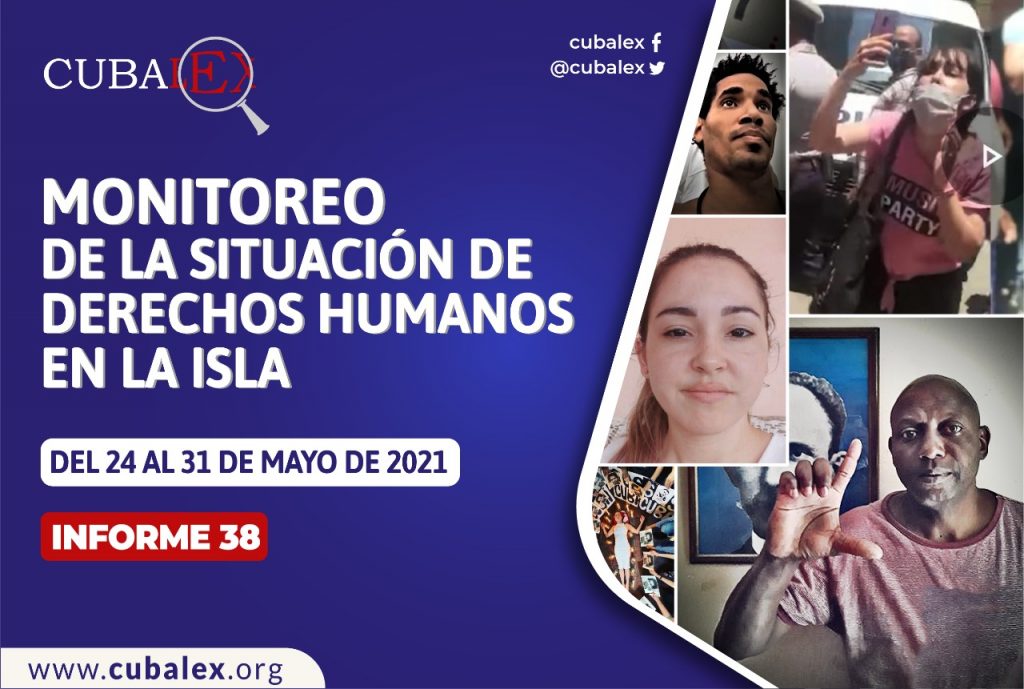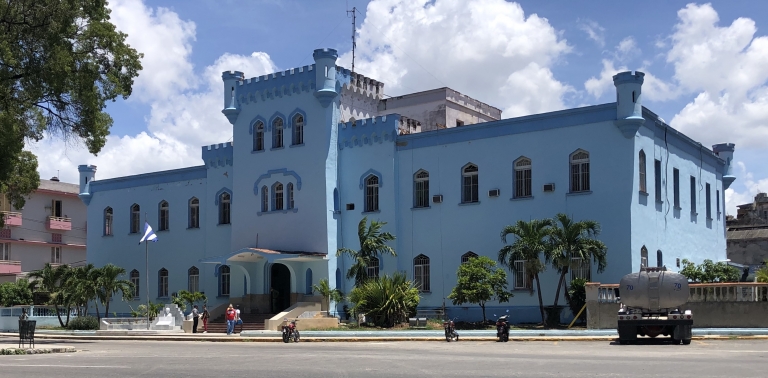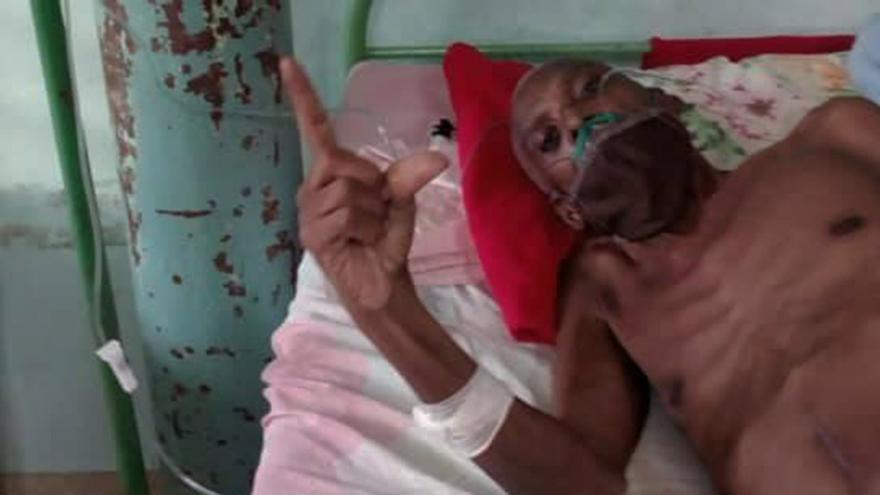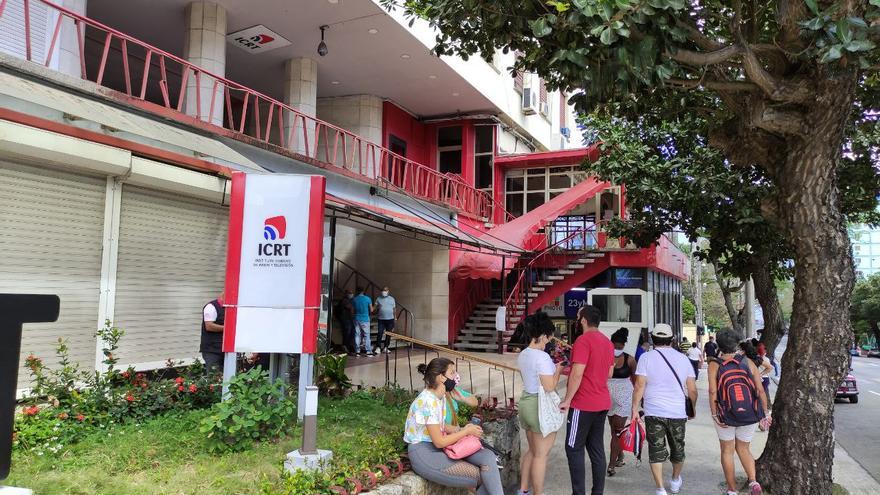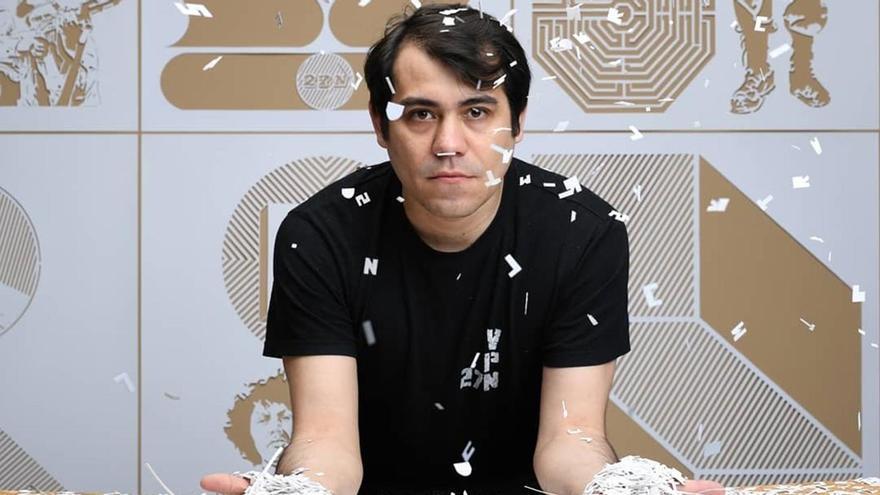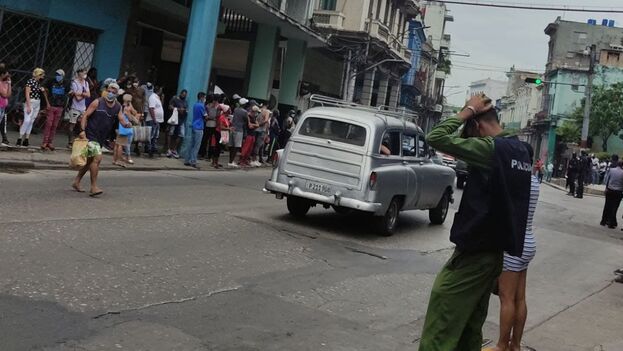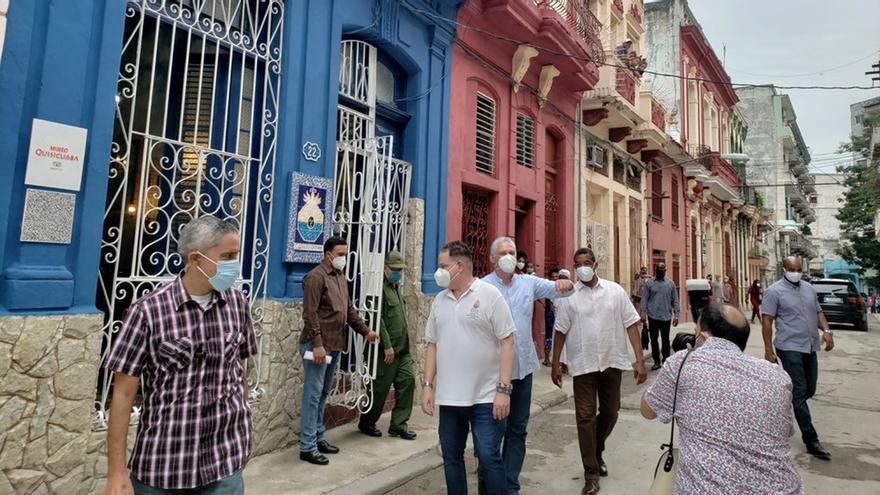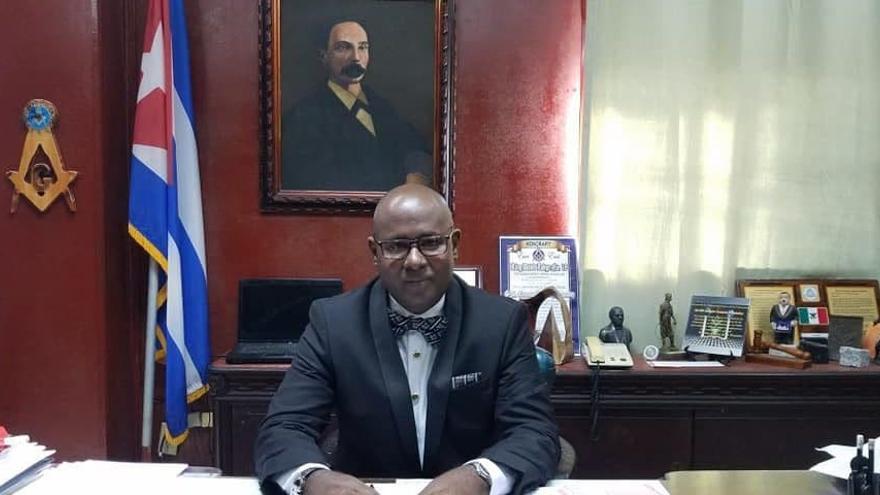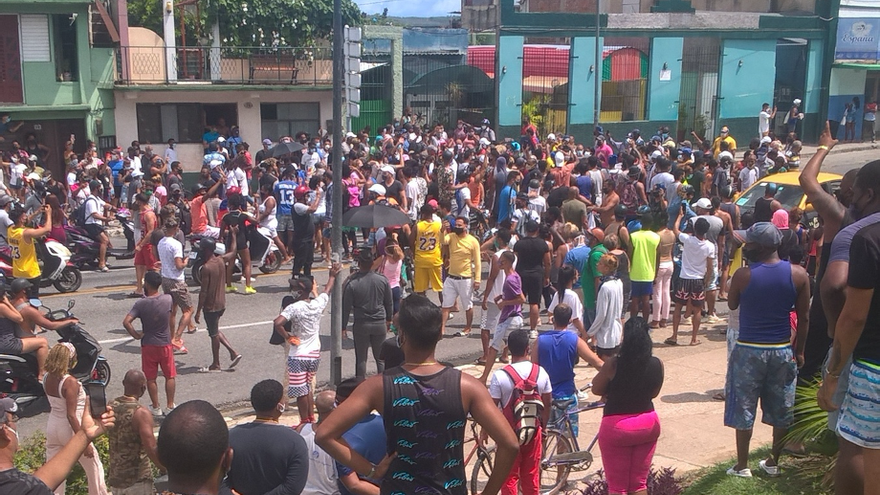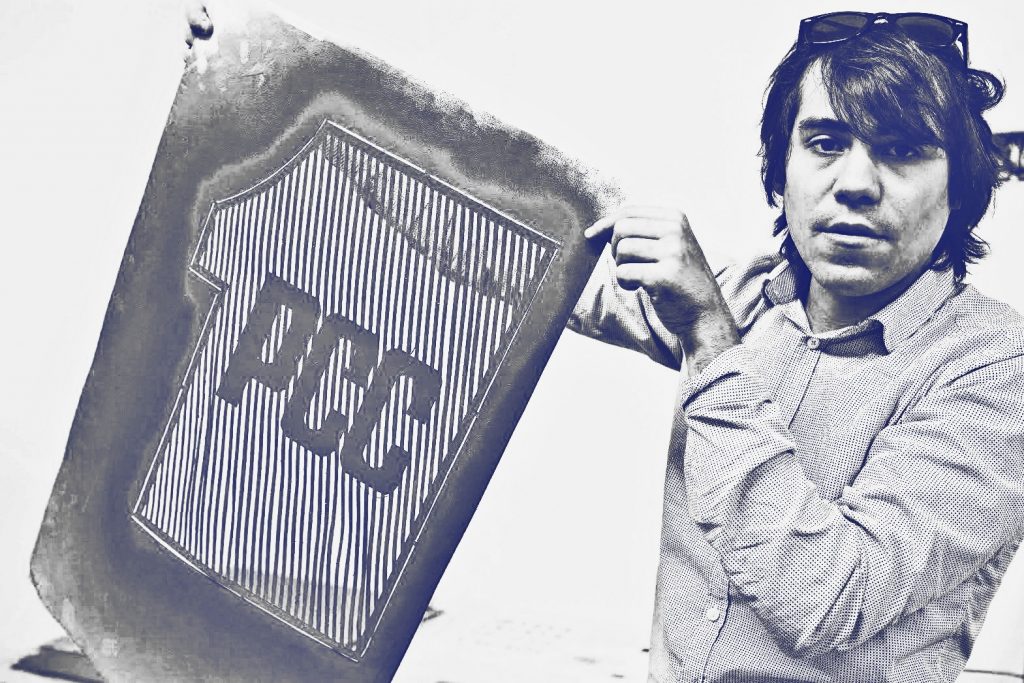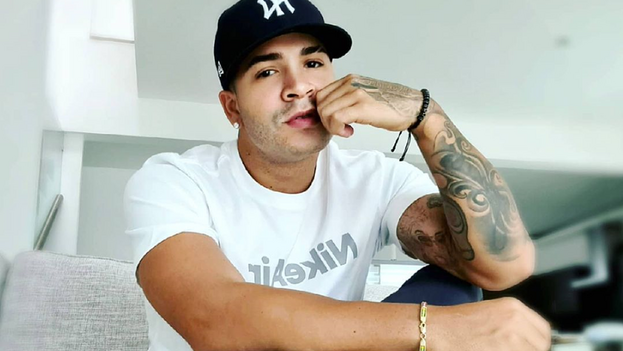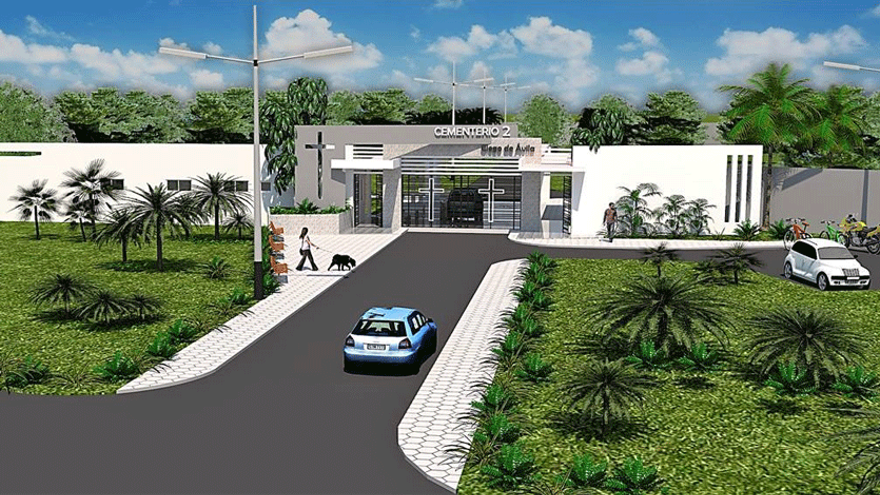
![]() 14ymedio, Havana, 25 August 2021 — Ciego de Ávila is preparing the construction of 2,600 niches immediately of the total of 6,000 that will be erected in the new cemetery of the city. The cemetery began to be prepared days ago, as published on Tuesday by the provincial newspaper Invasor.
14ymedio, Havana, 25 August 2021 — Ciego de Ávila is preparing the construction of 2,600 niches immediately of the total of 6,000 that will be erected in the new cemetery of the city. The cemetery began to be prepared days ago, as published on Tuesday by the provincial newspaper Invasor.
Milagros Ruiz Heredia, director of the Ciego de Ávila Design and Engineering Company, responsible for the project, said that the future cemetery is in an area near the incinerator.
The project, as detailed by one of the technicians, will have a central park, a pantheon for combatants with a ceremonial plaza, areas for pantheons for entities and institutions, another for vaults, niches, ossuaries and columbariums, a crematorium for boxes and waste, and an incinerator for bone remains.
In addition, a parking lot and a main building with a lobby, offices and other dependencies are planned outside. continue reading
A month ago, authorities also reported the expansion of the existing cemetery, with the hasty construction of 150 niches, just as it was made public, and work to add 350 more. The initial plan was to complete the work with a total of 2,000 niches and 900 ossuaries.
The people of Ciego de Avila have been denouncing the collapse of funeral services for weeks with the peak of covid-19 that affects the province. In Ciego de Ávila, the incidence at two weeks is 2,217.3 per 100,000 inhabitants and there are even municipalities such as Chambas in which a rate of 3,611 per 100,000 have been reached, when the World Health Organization considers any number above 100 cases per 100,000 people is a very high risk.
Despite this context, the authorities have argued that both the expansion of the cemetery and the construction of the new cemetery in the city of Ciego de Ávila were planned for a long time, but it is difficult for residents to believe that a planned work is causing so many problems — such as the bad smells and unhealthiness that the first one has caused — and they believe that it is work that has been accelerated by a pandemic that has exceeded any forecast.
Some of the readers of Invasor wonder if it would not be better to build another hospital, including the missing pediatric one, to better serve health and avoid so many deaths.
____________
COLLABORATE WITH OUR WORK: The 14ymedio team is committed to practicing serious journalism that reflects Cuba’s reality in all its depth. Thank you for joining us on this long journey. We invite you to continue supporting us by becoming a member of 14ymedio now. Together we can continue transforming journalism in Cuba.


